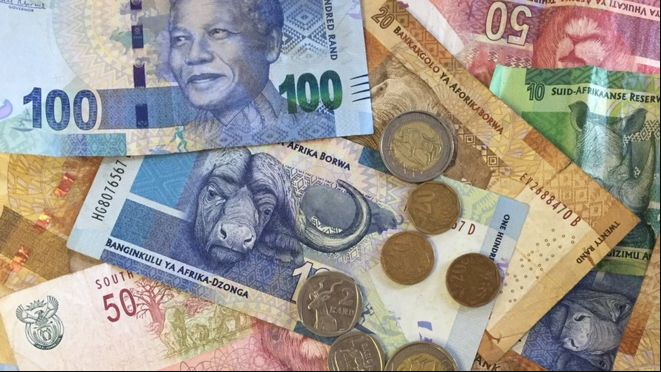It is highly anticipated that the formation of the African Continental Free Trade Area is expected to boost the trade volumes across the whole continent and is expected to be quite valuable for the corporates that have the knowledge of the local banking and service that will help them to take advantage of it.
Currency management is a very challenging matter when it comes to Africa, due to the fact that more than 50 counties are using 44 currencies that makes the African foreign exchange market highly complex. Good currency management makes it possible for the corporation to capitalize on commercial opportunities that were created after the establishment of the African Continental Free Trade Area.
The market that these organizations cover has a combined GDP of USD 2.5 trillion and population, more than 1.2 billion. It is also anticipated that the population will be doubled by 2050 this is why the importance of the African Free Trade Area is significant as it will be formulated as one of the world’s biggest free-trade areas. Businesses that are operating in the certain countries of the African region, does not matter west Africa, or the Sub-Saharan region, the export is more expensive within the countries that export goods and services worldwide. This is due to several factors, but most importantly, because of the fact that Africa is accessing liquidity – meaning that there were several important cases when the markets were frozen due to lack of liquidity, thus, the interbank market is non-functional. This is why it is expected that the counties across the continent will be happy to engage in the process of formulating a Free Trade Area and as a result, the demand for the forex services will no doubt increase.
In this article
Currency Management Strategies
African central banks are the ones that work on the currency management strategies and it is organized into four brackets: Pegged currencies, Managed Regimes, Basket-linked currencies, and Offshore freely traded currencies.
Pegged Currencies – includes the currencies of the eight independent countries which is called the West African CFA franc and the Central African CFA franc, which is widely used in 6 states.
Managed Regimes – this is the regime when central banks are the ones that manage the FX levels and the liquidity is provided by the intervention. In this case, FX transactions should demonstrate economic value. However, when the transactions are made on the platforms of the Forex trading brokers in Africa the costs are different since it is the global financial market and actually, people are given the best opportunity to generate some financial profits.
Basket-links currencies – in this category are the counties where the currency is linked to a basket of currencies. To take an example, the Botswana pula, or the Namibian dollar, is strongly connected to the South African rand.
Offshore freely traded currencies– this category includes the Ugandan shilling and the South African rand.
Usually, African currencies are US dollar-denominated but as the free trade area is about to be developed, the volume of pan-African trade will increase significantly and as a result, there will be more trading in local currency pairs. And at an era when isolationist policies are prevalent in many areas of the world, Africa will most likely look to its own market for growth, necessitating a higher demand for local expertise.
Electronic execution efficiencies
When the efficiency is increased in forex trading, it is anticipated to increase the regional expansion. There is a huge shift towards electronic execution which is going to continue the efficiency of African FX markets for both transparency and pricing. Banks are planning to take steps in order to engage with the clients.
Small businesses are more aware of the efficiencies of trading on an electronic platform. Electronic FX trading has also helped to lower corporate costs. Negotiating rates over the phone entails a client waiting to talk with someone about market circumstances, then chatting with a salesperson, who then communicates to talk to a trader, all before receiving a quote. This is inefficient in comparison to obtaining price with a single click from a desktop, where the customer can see what the rest of the market was doing at the time they completed their purchase. Regulators have welcomed the shift to electronic trading because they desire real-time visibility of markets, particularly illiquid ones.
Regulatory Requirements
While electronic trading is projected to lower the cost of conducting business in foreign exchange across many jurisdictions, dealing with a counterparty who knows all market subtleties is still essential. The forex regulation landscape is constantly changing in Africa and the central bank’s methods are various. It is feasible to shift revenue out of Nigeria, for example, but a certificate of capital importation is necessary, so getting advice from an onshore bank is critical. Given the complexity and changing nature of the continent’s many markets, African banks would be well to collaborate with regulators on product development to ensure that they are market-ready.
Standard Chartered has developed FX products in collaboration with a number of central banks. Standard Chartered, in collaboration with the FMDQ Securities Exchange in Nigeria, eas essential in the establishment of the futures market. And in this complex market, risk management is critical for smoothing out currency volatility. It is critical to have both an onshore and offshore presence in this situation. Standard Chartered covers African Clients’ FX requirements with 15 onshore sites across the continent.
See Also:




